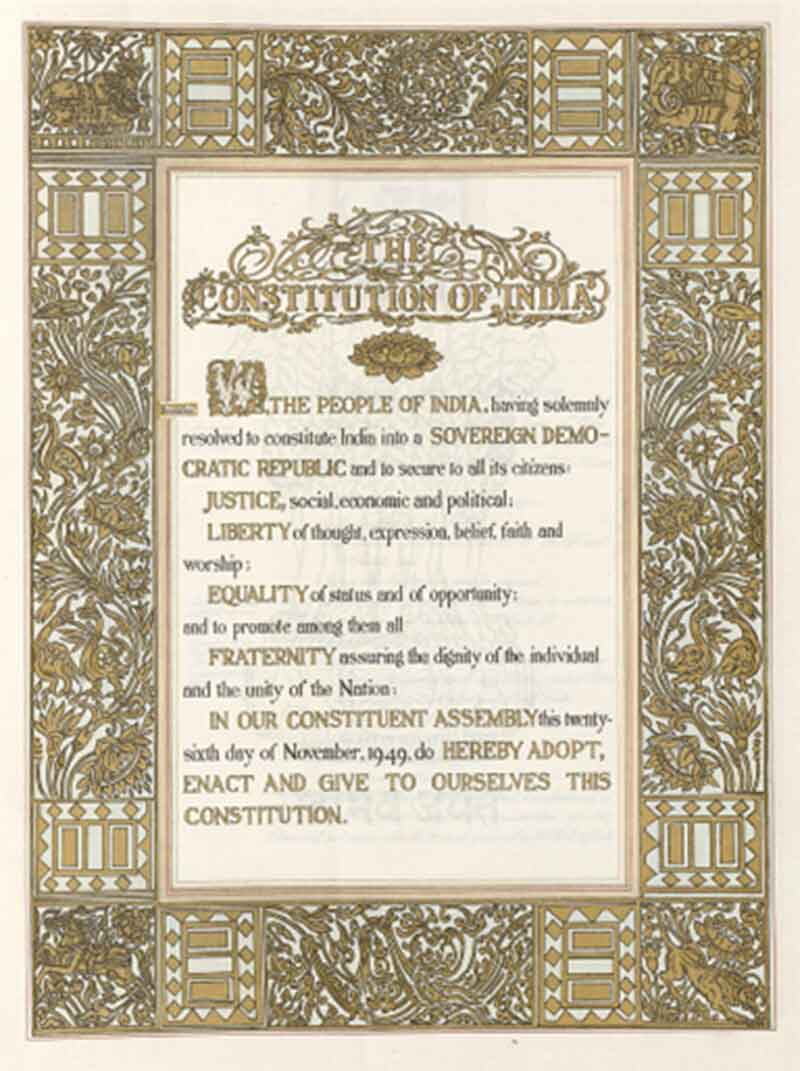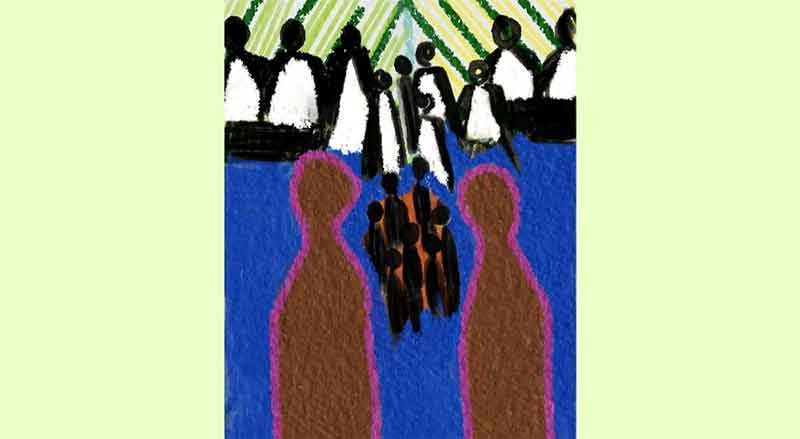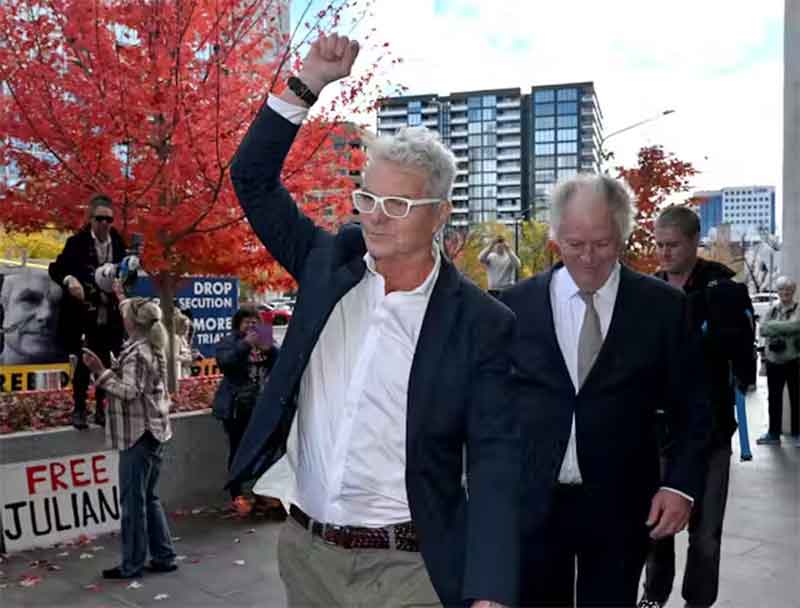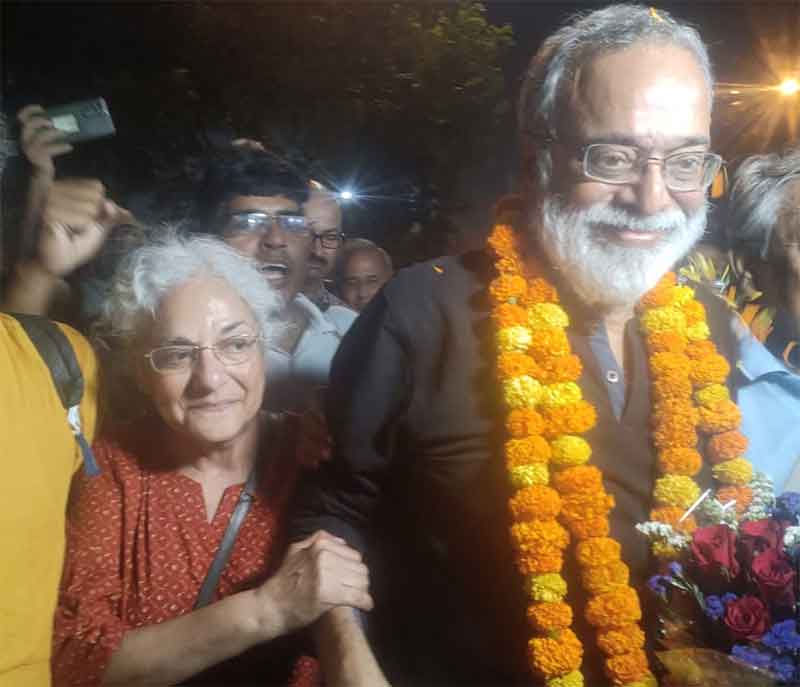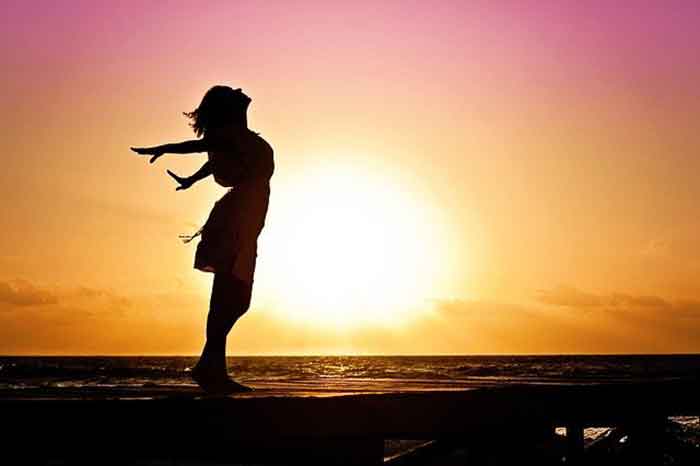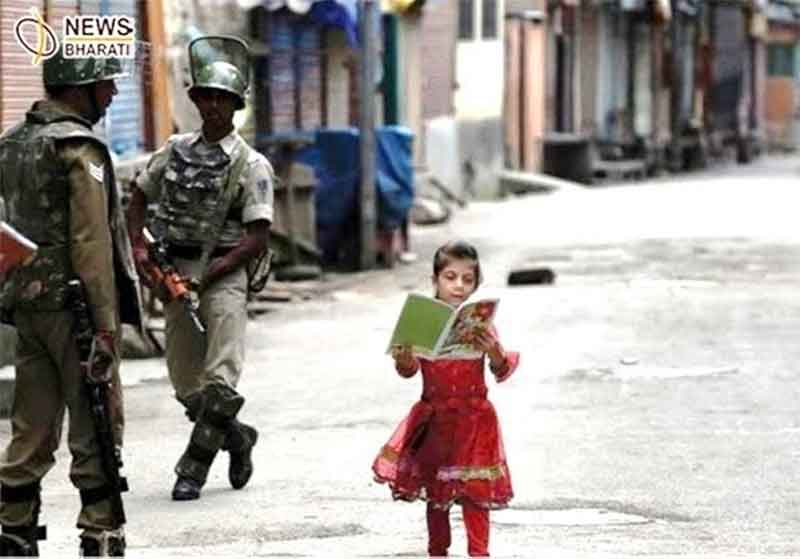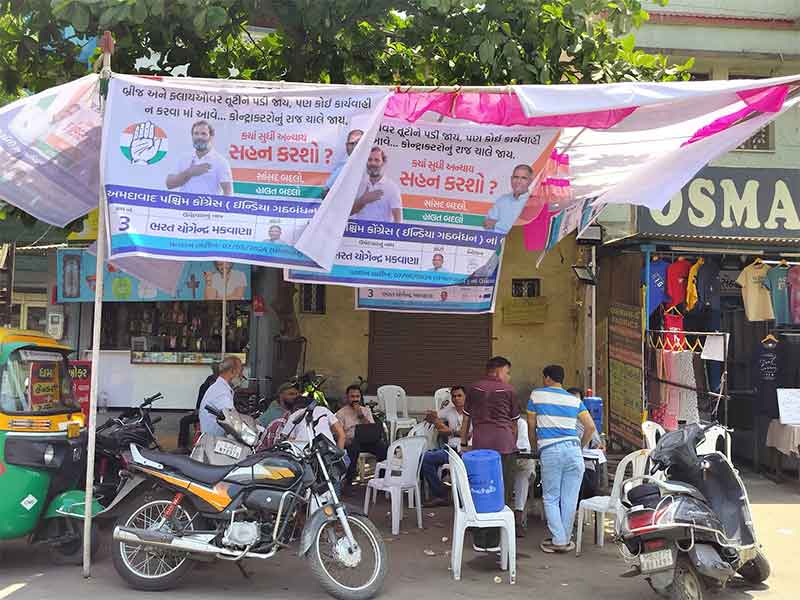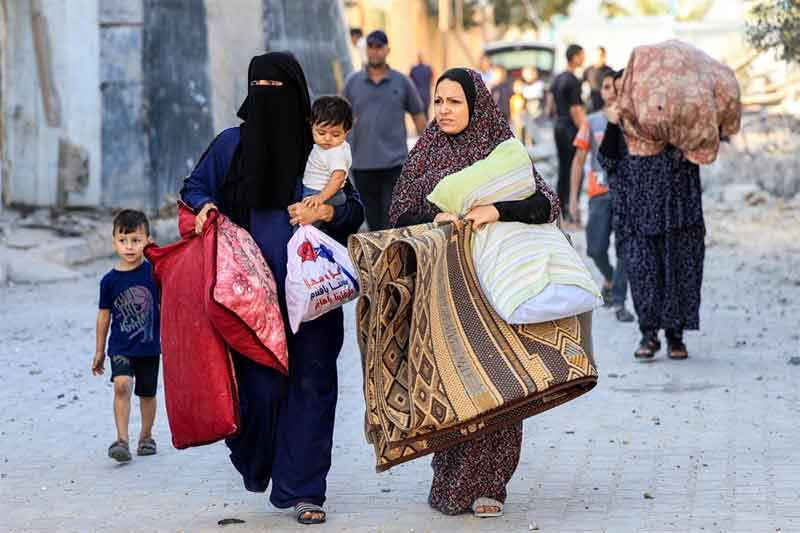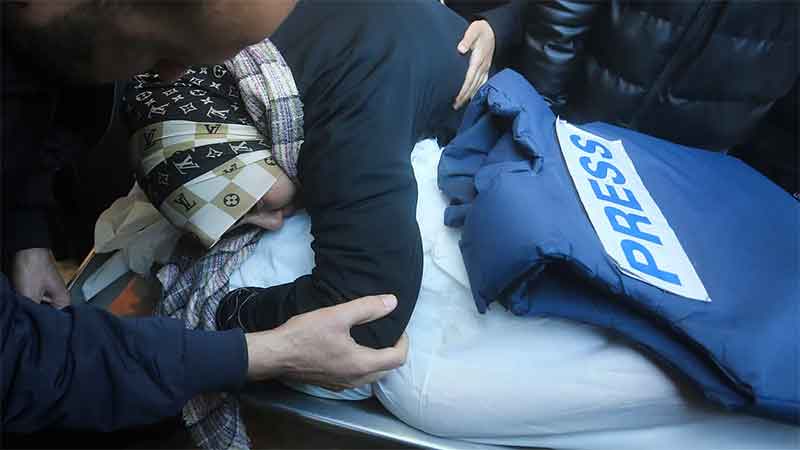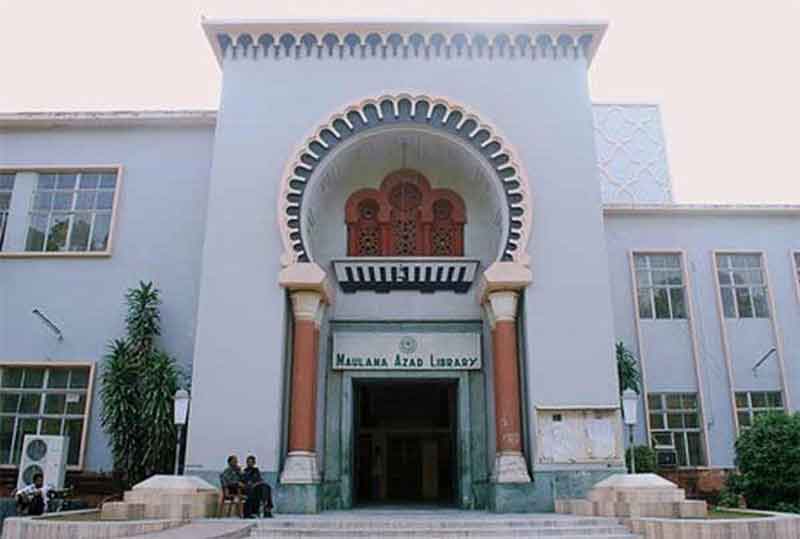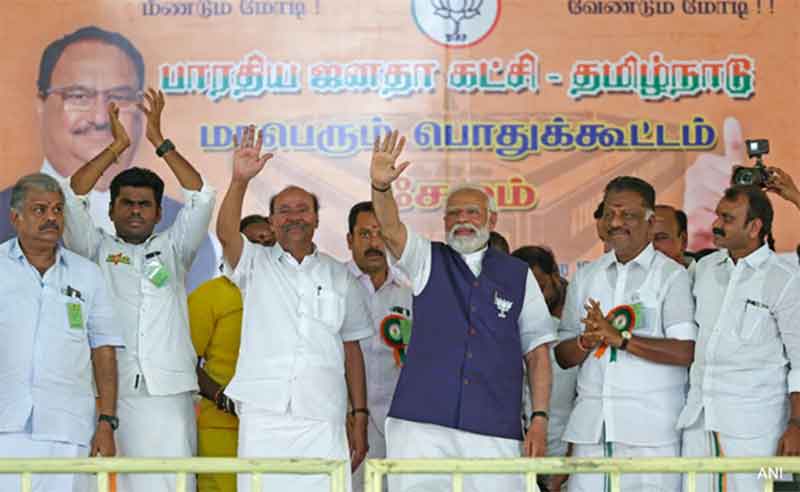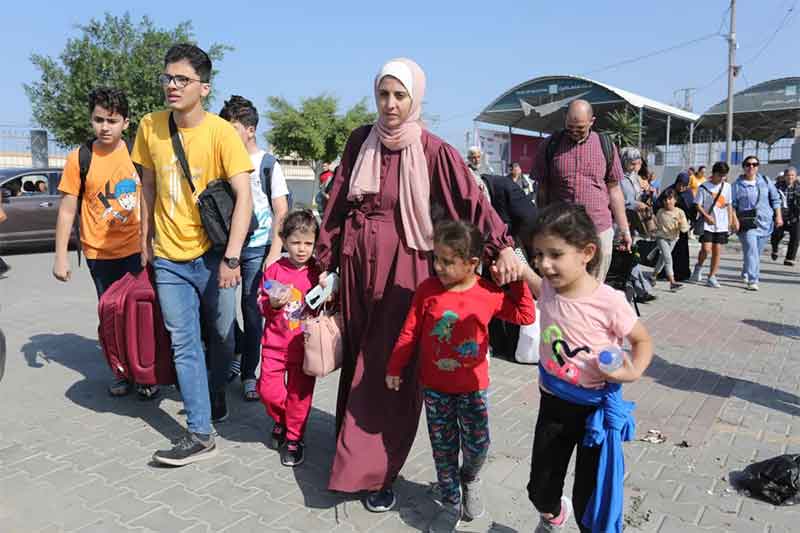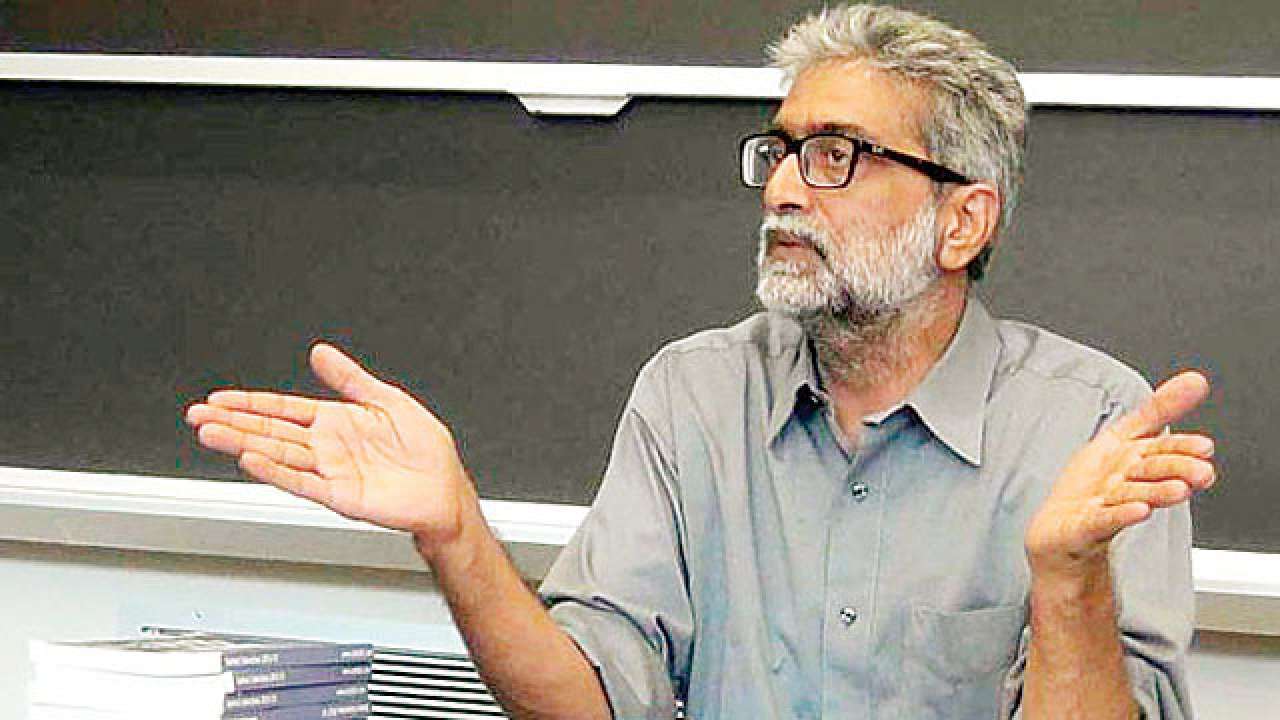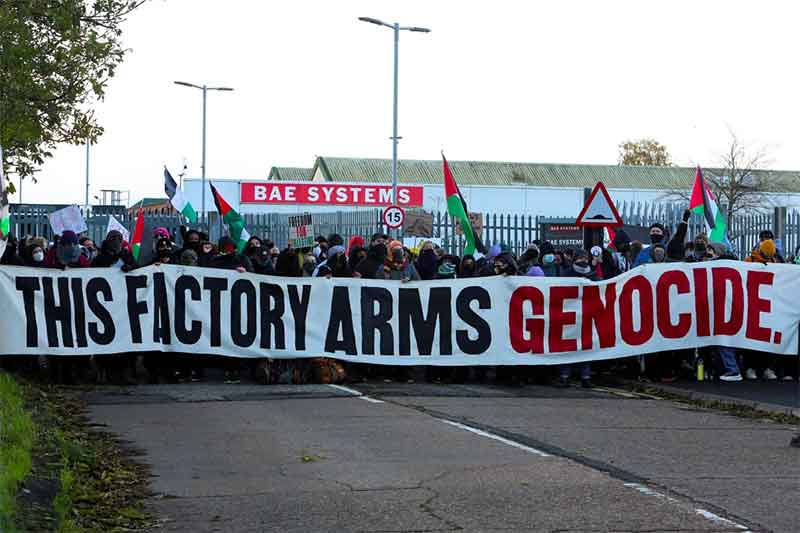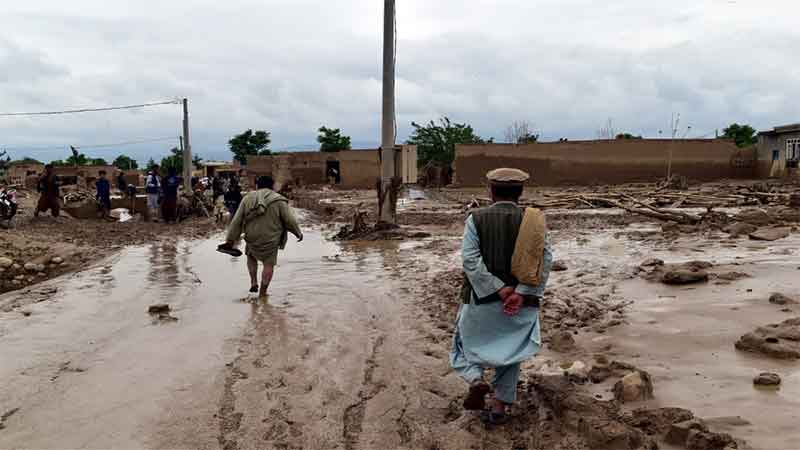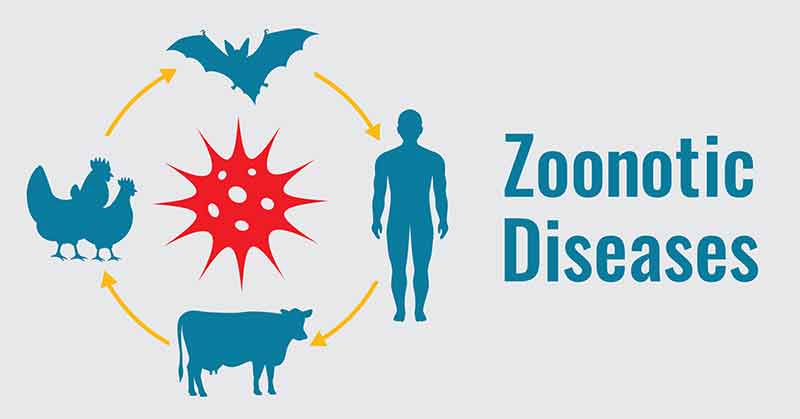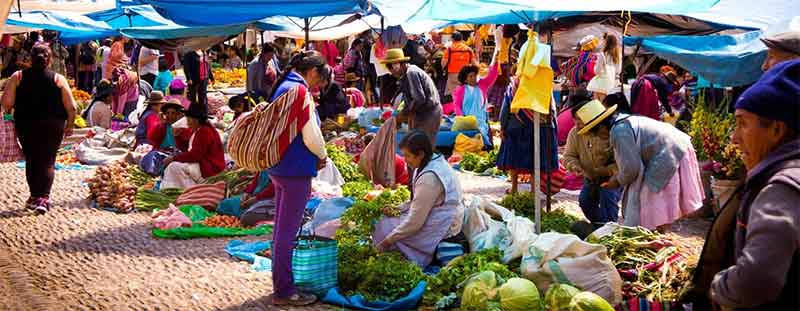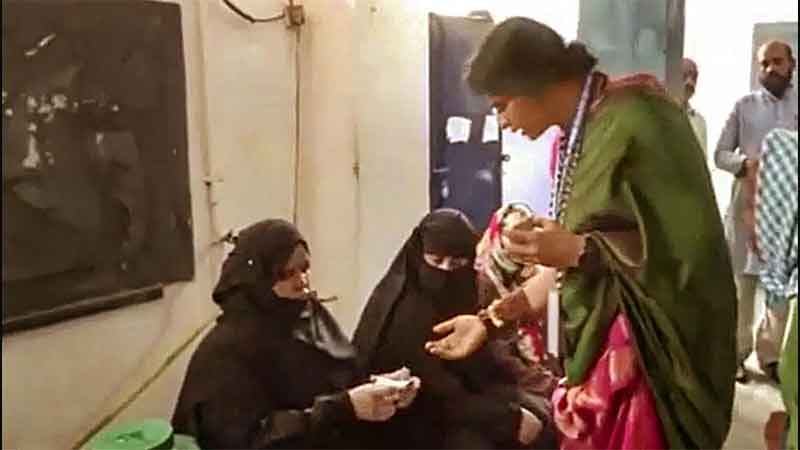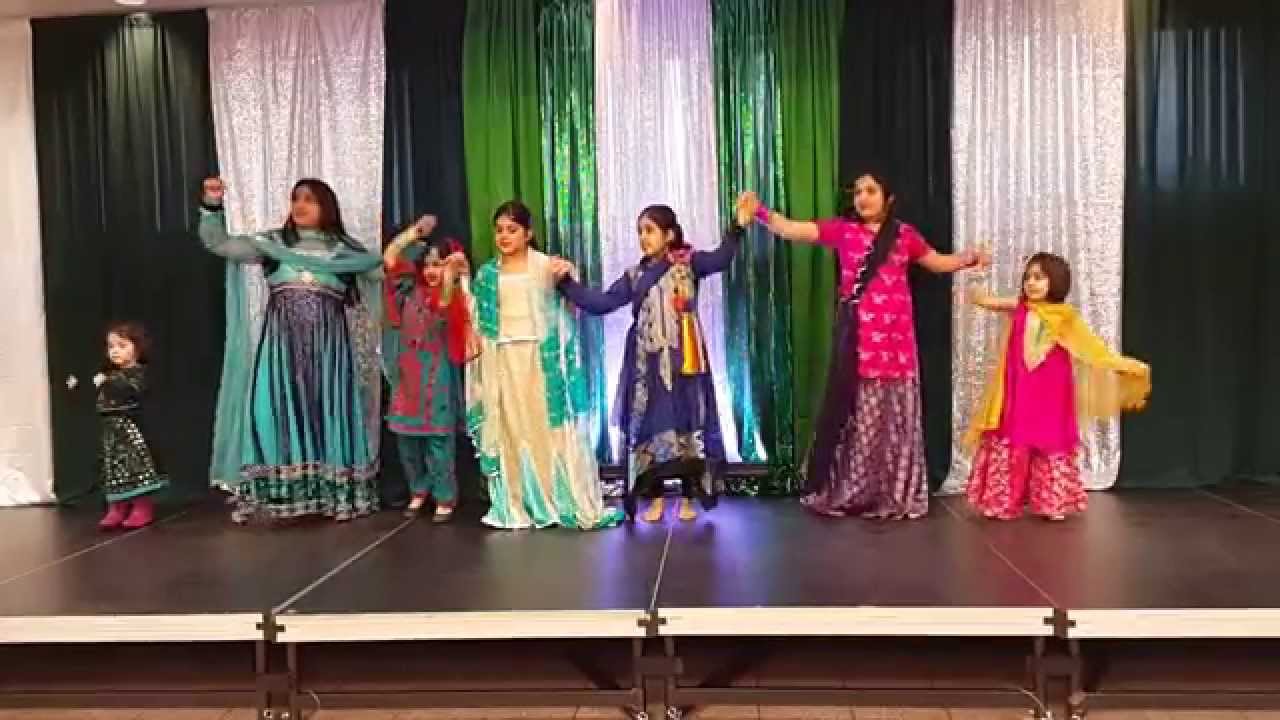
On Monday, the government of Punjab, Pakistan’s largest province, officially banned children’s dance performances at all public and private schools. The Punjab School Education Department (PSED) announced that the ban will be applied to all school events, including talents shows, parents’ days and teachers’ days. The education department has also warned that it will suspend the license of any school that fails to implement the ban.
The PSED says its latest measure is intended to safeguard children from sexual abuse, a pressing issue that has received much-needed attention recently, following the horrific rape and murder of 7-year-old Zainab Ansari in the city of Kasur in Punjab on January 4 . The Punjab authorities’ refusal to conscientiously pursue the Zainab case sparked furious anti-government protests. The likely culprit was finally nabbed only due to mounting public pressure.
The education department claims that children’s dance performances lead to the “sexualization” of children. In doing so, the PSED strays dangerously close to victim blaming. Leaving aside the fact that there is nothing inherently sexual about dancing, the Punjab government’s logic seems to assign part of the blame for sexual assault on women and children, who can supposedly avoid being victimized if they refrain from certain behaviors. This way of thinking is all too common in the deeply conservative and male-dominated society that is Pakistan, where women and girls are frequently advised to dress “modestly” to avoid sexual assault. Those in favor of regulating the conduct of women and girls in this manner conveniently ignore the fact that even girls who wear the veil or niqab are also subjected to sexual harassment and assault. Rather than protecting women and girls, this backward approach only serves to enable rapists and sexual predators. Victims are often led to feel responsible for their ordeal, making them less likely to seek justice.
It is likely that with national elections approaching, the Pakistan Muslim League (N), which rules Punjab and the center, is exploiting the fear and anger over sex crimes to curry favor with voters. It also knows the measure will go over well with the more conservative layers of the population.
However, if the government was serious about addressing the plague of sexual violence, it would immediately devise a strategy to incorporate sex education in all schools. It is undeniably vital for children to be educated about their bodies. They must be made to understand that even someone they trust can have ill intentions. Unfortunately, however, all things sex-related are taboo and off-limits for discussion. Sexual assault is a taboo subject because of the patriarchal norms adhered to by much of the population, the same norms that devalue women and girls while enabling rape and sexual assault.
There are, in fact, numerous steps the government could take if it were serious about protecting children from sexual assault. For instance, it could address the pervasive sexual exploitation of street children in Pakistan. The number of children living on the streets in this poverty-stricken country is estimated at 1.5 million, hundreds of thousands of whom live in Punjab. Studies have shown that the vast majority of these children have experienced sexual abuse on the streets. Many of them also become addicted to drugs and are more easily exploited by morally depraved men. While Pakistan’s venal elites have grown exorbitantly wealthy over the years, the plight of the street children remains unchanged. Similarly, it has turned a blind eye to the widespread sexual abuse of children in Islamic schools. Hundreds of cases of sexual abuse by clerics at such schools have been reported in the media over the past decade. Most of these incidents go unreported due to the power and influence of the clergy. There isn’t a single politician willing to openly discuss this problem, let alone resolve it.
The Punjab government’s ban on children’s dance performances is a regressive measure and political gimmick that will do nothing to protect children. Social activities such as dancing are crucial for a child’s development. Dancing is also known to release mood-improving chemicals in the brain, inducing feelings of joy and happiness. And in a country where it seems like nothing is as it should be, everyone can use some more joy in their lives.
Let the kids be kids!
Ali Mohsin is an independent writer. He can be reached at [email protected]




